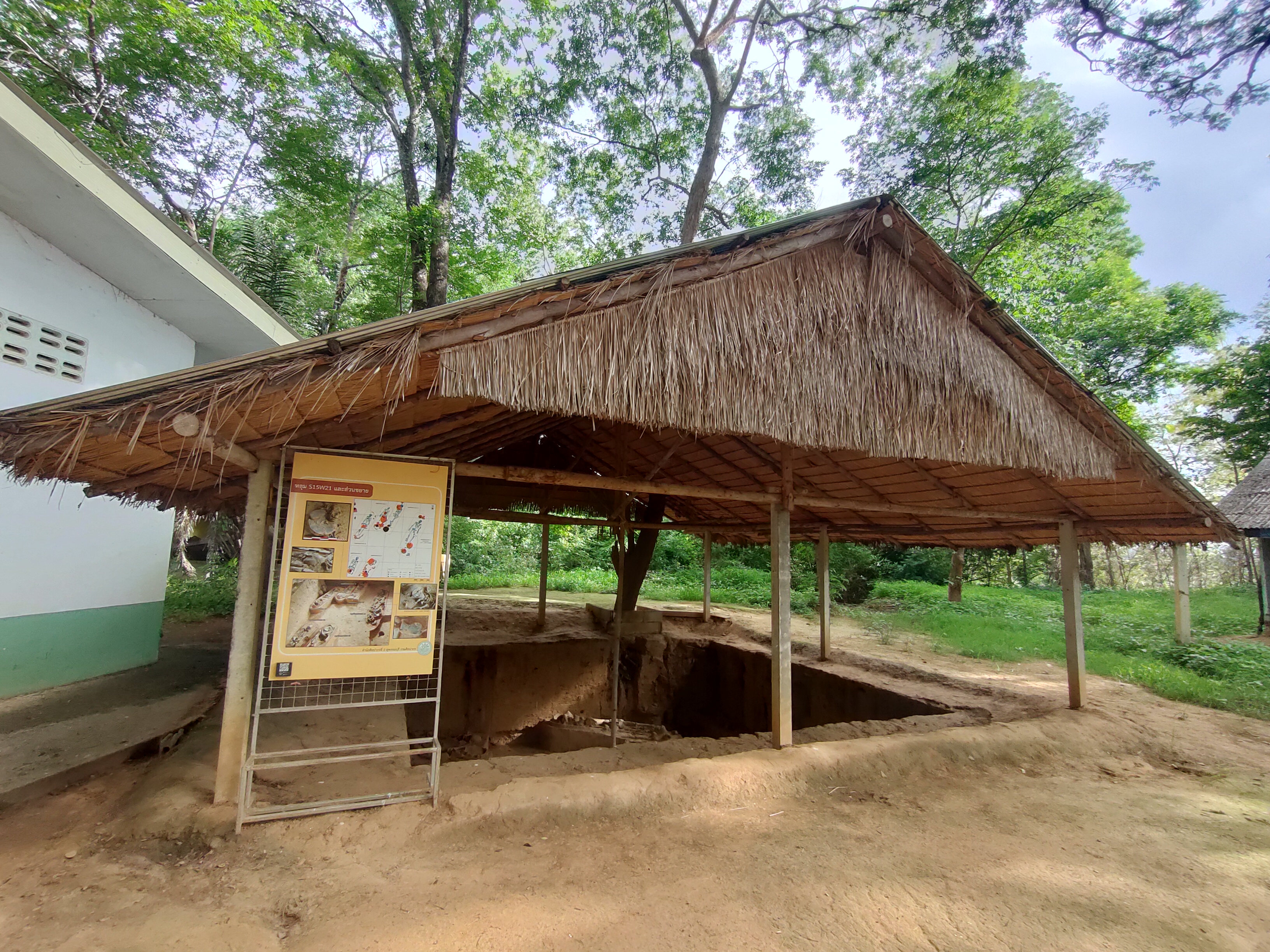COURSE DESCRIPTION, OBJECTIVES, AND OUTCOMES[1]: Foundations of Archaeology (Archaeo 201) is an introductory graduate seminar course that surveys the theory and praxis of archaeology, as well as its development and transformation from a theoretical, methodological, and historical approach. It aims to provide students information and knowledge pertaining to the discipline’s foundations, enough for them to be able to situate and engage fellow students and members of the archaeological community on the more profound issues and debates current to the study of the past. They should also be able to imbibe how our discipline critically thinks and how we express our thoughts through our practice including research and outreach, as well as communication through speech and writing (Paz 2024). We will also discuss related materials on the Philippines and Southeast Asian Archaeology. Students should be able to develop their own conceptual and theoretical interests that will be useful for their thesis and/or dissertation research.
“The underlying premise is that archaeology is not merely the study of the past, but also the historical production of the present, and a basis for imagining alternative futures.” (Grillo 2024, after Sassaman 2014, 2019).
COURSE DESIGN AND FORMAT: This course is corequisite with Archaeo 202 (History of Archaeology) and designed to aid with the professional growth of graduate students at UP School of Archaeology. Students from other related graduate disciplines can also take this course. They are also expected to do background reading in archaeological methods and interpretation from other courses to comprehend various topics, such as culture historical, processual, postprocessual, and contemporary archaeologies. Since this is NOT a lecture course, it depends on the comprehension and discussion of the readings by the students. Hence, they are required to carefully read these materials so they can reflect on, discuss, disagree with, and understand the major discourses. Students who complete this course should be familiar with various approaches in archaeology, making them critical of the related and recent literature on their applications, making them also prepared for advanced courses in archaeology, as well as capable of conducting independent and theoretically informed research.
[1]Together with the topics, readings, and requirements, modified after the course syllabi of Foundations in Archaeology (Archaeo 201) by Professor Victor J. Paz (First Semester 2024-2025 version and OBE formatted syllabus-April 8, 2024 version) with lots of additions from the Proseminar in Archaeology/Archaeological Anthropology course syllabi in Department of Anthropology, University of Florida (Spring 2011 and Fall 2017 by Dr. James M. Davidson, Spring 2014 and Fall 2019 by Prof. Kenneth E. Sassaman, as well as Fall 2024 by Dr. Katherine Grillo) and from the instructor.

- Teacher: Michelle Sotaridona Eusebio
